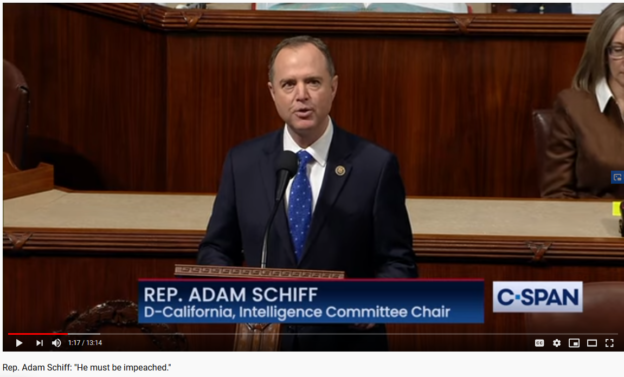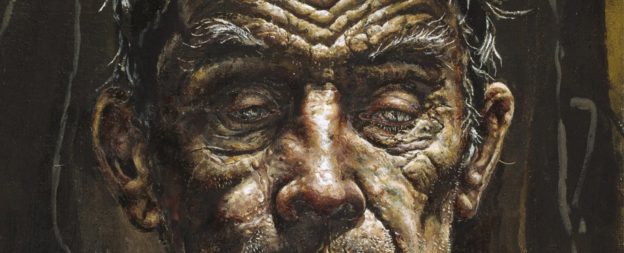Here, Tucker Carlson loudly protests the habit of expunging dissent voices, right and left.
OK, but Tucker Carlson is affiliated with Daily Caller, right? And Daily Caller axed my very dissident column because a hate-group, the Southern Poverty Law Center, persists in telling nasty lies about me and my views. (Along the lines outlined in my refutation of “Slate’s Resident Idiot” when he “Slandered this Jewish Woman — Me.”)
How is that resisting the status quo? Daily Caller also removed op-ed editor Robert Mariani and replaced him with indistinguishable neocons.
I think they all swim in very polluted waters.
Tucker Carlson on the Silencing of "Dissident Voices" on the Left & Right
"It makes me very upset with the institutions that purport to be conservative in our country…& they’re doing nothing to protect these people. In fact, they’re the first to abandon them." pic.twitter.com/TumCvXKhDF
— The Columbia Bugle ?? (@ColumbiaBugle) December 29, 2019
UPDATE I (12/30/019):
Tucker markets a syndicated column with a buddy, Patel, who is editor-in-chief of Daily Caller. As its founder, Tucker has plenty sway. Other dissident columns have been removed, too. Love Tucker, but can we stop making excuses for our idols?
https://twitter.com/jesse31522/status/1211568797141762049
UPDATE II (12/31/019):
Regarding this comment on Twitter: Then Tucker must NOT wax fat against dissidents being expunged, when his pride-and-joy site, the one he founded, does that very thing to those of us who were Old, Hard Right before Tucker was. And there are other thinkers who’ve been purged from Daily Caller. Mencken warned about this kind of mindless mindset among Americans. Find a hero, usually a celeb or a politico–and worship, worship the idol, excuse his every incongruous stance. You can be sure Tucker HAS PLENTY INFLUENCE @DailyCaller. It’s likely a choice.
What a foolish comment. Then Tucker must NOT wax fat about dissidents being expunged, when his pride-and-joy site, the one he founded, does that very thing to those of us who were Old, Hard Right before Tucker was. & there are other thinkers who've been purged from #DailyCaller https://t.co/F1RGjR1DKo
— ILANA Mercer (@IlanaMercer) December 31, 2019
The Southern Poverty Law Center (SPLC), arguably America’s foremost hate group, had maligned me, a hard-right, Jewish individualist (daughter of a rabbi), who is frequently and mercilessly attacked by anti-Semites (a taste in the Comments to my column, at the Unz Review). So, at the same time that Tucker Carlson was doing magnificent exposes about the SPLC—his website, Daily Caller, was expunging my column because the SPLC demands it.
Intelligent, honest sorts will admit there is a contradiction here. The rest are, as Mencken would have said, part of the “commonwealth of morons”—mindless followers, who refuse to recognize that the object of their worship (Tucker) might be in violation of his own principles.
UPDATE III (1/09/020):
An interesting postscript to the above debate. Correlation is not causation, but Tucker Carlson seems to have untangled himself from the syndicated column he wrote with Daily Caller editor, Neil Patel. More accurately, the Patel column appears sans Tucker. Patel worked for Vice President Dick Cheney. Say no more.




